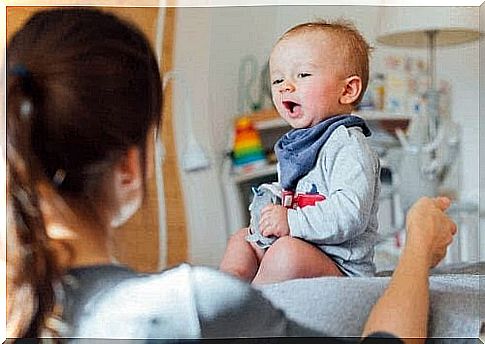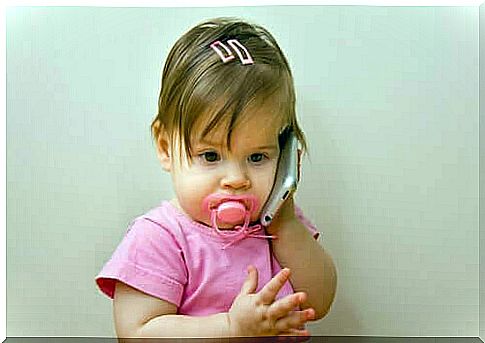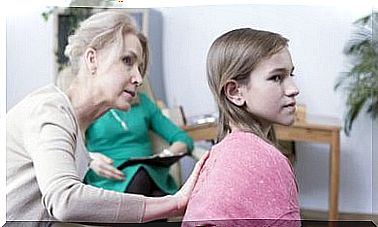Find Out If Your Child Needs Speech Therapy

When a child does not reach a certain milestone in time, parents may become concerned that their child is not developing as he or she should. Even if children develop at different rates, it can still be worrying if your child does not start talking when most children do. How can you find out if your child needs speech therapy?
Although speech therapy is something that some children need, other children are simply not ready to talk yet and just need a little more time. But how do you know that? And if your child needs speech therapy, how should you proceed?
This problem can be worrying for parents, so it is important to consider certain aspects to know if speech therapy is a good idea for your child. In addition, in this article we offer you some tips that may be helpful.
What is “normal” in a child’s language development?
Below we will explain some of the milestones that experts consider to be “normal” when it comes to young children’s language development. Remember, however, that each child develops at his or her own pace. The fact that your child does not reach a milestone at a certain age does not mean that he or she will have a future developmental problem.

- Under one year of age. The child interacts verbally with the environment by making sounds. These sounds are the forerunners of speech.
- From 12 to 15 months of age. Infants begin to imitate the sound of their mother tongue and begin to say single words. They can follow simple instructions.
- From 18 months to 2 years of age. Young children are now expanding their vocabulary and starting to put together two words, for example “round ball”.
- Between 2 and 3 years of age. Children at this age start talking. Their vocabulary and understanding increase. For example, if the child is three years old and only puts together two words, he or she may have a delay that requires treatment.
A combination of factors
A speech delay in itself is not necessarily a cause for concern. But a speech delay accompanied by other problems can be more serious. For example, if your child has a speech delay and shows other unusual behaviors, it may mean that it is time to seek treatment.
Such unusual behaviors include:
- Lack of non-verbal communication, such as eye contact, smiles, dinghies and other pro-social behaviors.
- Inability to follow instructions or if the child does not seem to listen to them at all.
- Bad memory, especially short-term memory.
- The child shows that he or she is becoming very frustrated when he or she tries to talk.
My child needs speech therapy
If you are worried about your child’s speech development, it is a good idea to start by talking to a pediatrician or nurse at the child care center. They can give you their professional opinion on whether your child needs speech therapy. In addition, they can recommend a speech therapist if needed.

It is also not a bad idea to get a second, or even a third, opinion from another pediatrician and you may want to talk to other therapists in addition to the one recommended by your pediatrician. When it comes to making sure your child gets the help he or she needs, it pays to be a little demanding.
Here are some things to keep in mind when choosing a speech therapist:
- Do you like the speech therapist’s behavior? Do you feel you can work with him or her?
- Does it feel like your child is safe and comfortable with the therapist?
- What approach and methods does the speech therapist use?
- Does he or she have good references?
- Do you think, based on the person’s experience and knowledge, that he or she can work with your child in a personal way?
If you do not feel comfortable with your child’s speech therapist, you can look for another. It does not matter what references they have or if they are really good at their profession. If there is something about them that you do not like or that does not convince you, you can find another that you feel comfortable with every time your child goes to their sessions.
If your child is still very young and has not started talking yet, remember that each child has his or her own learning rhythm and, perhaps earlier than you imagine, you will be amazed at the progress he or she makes.









